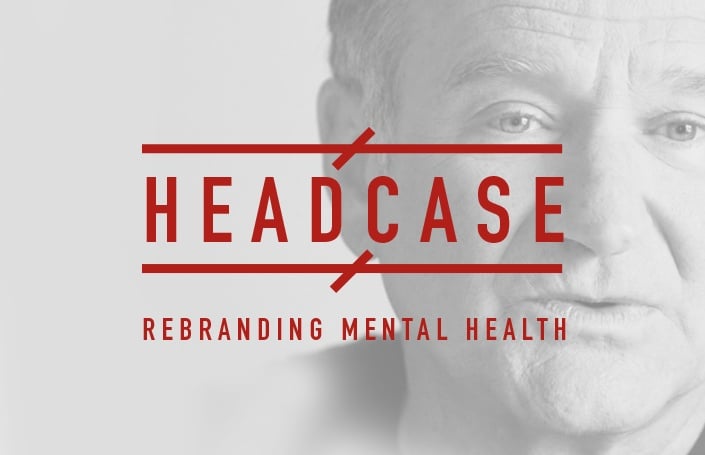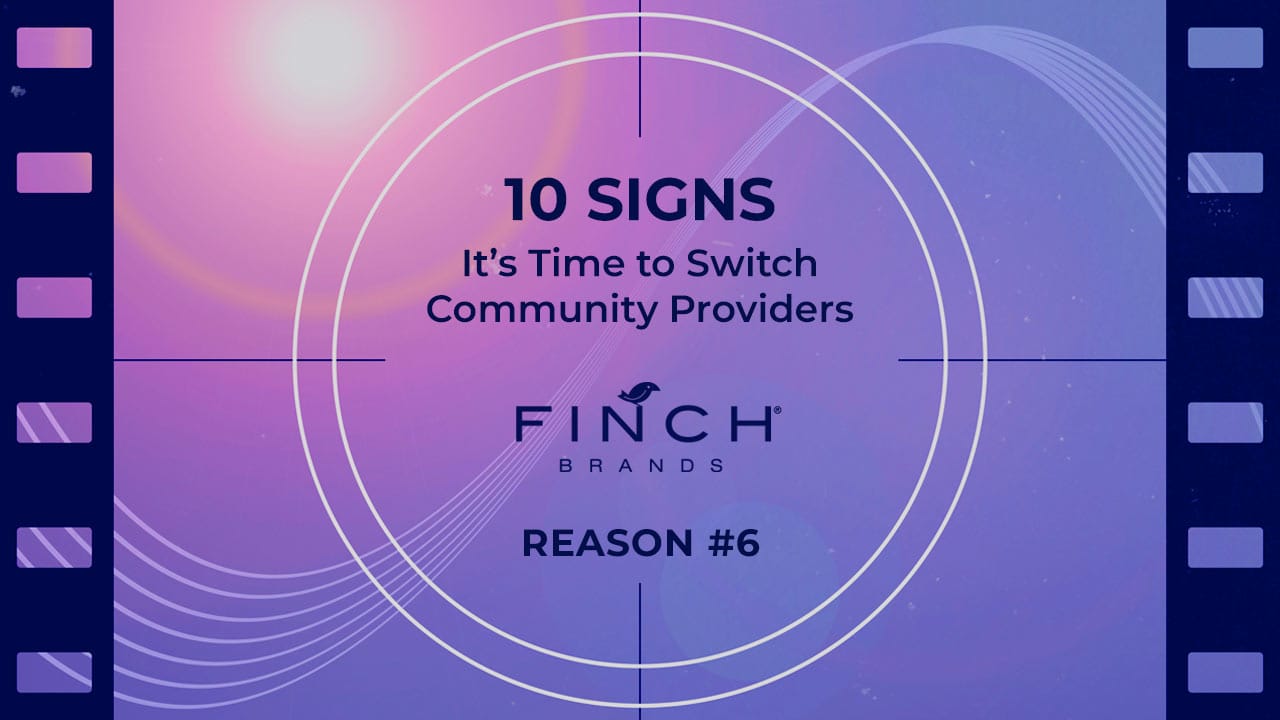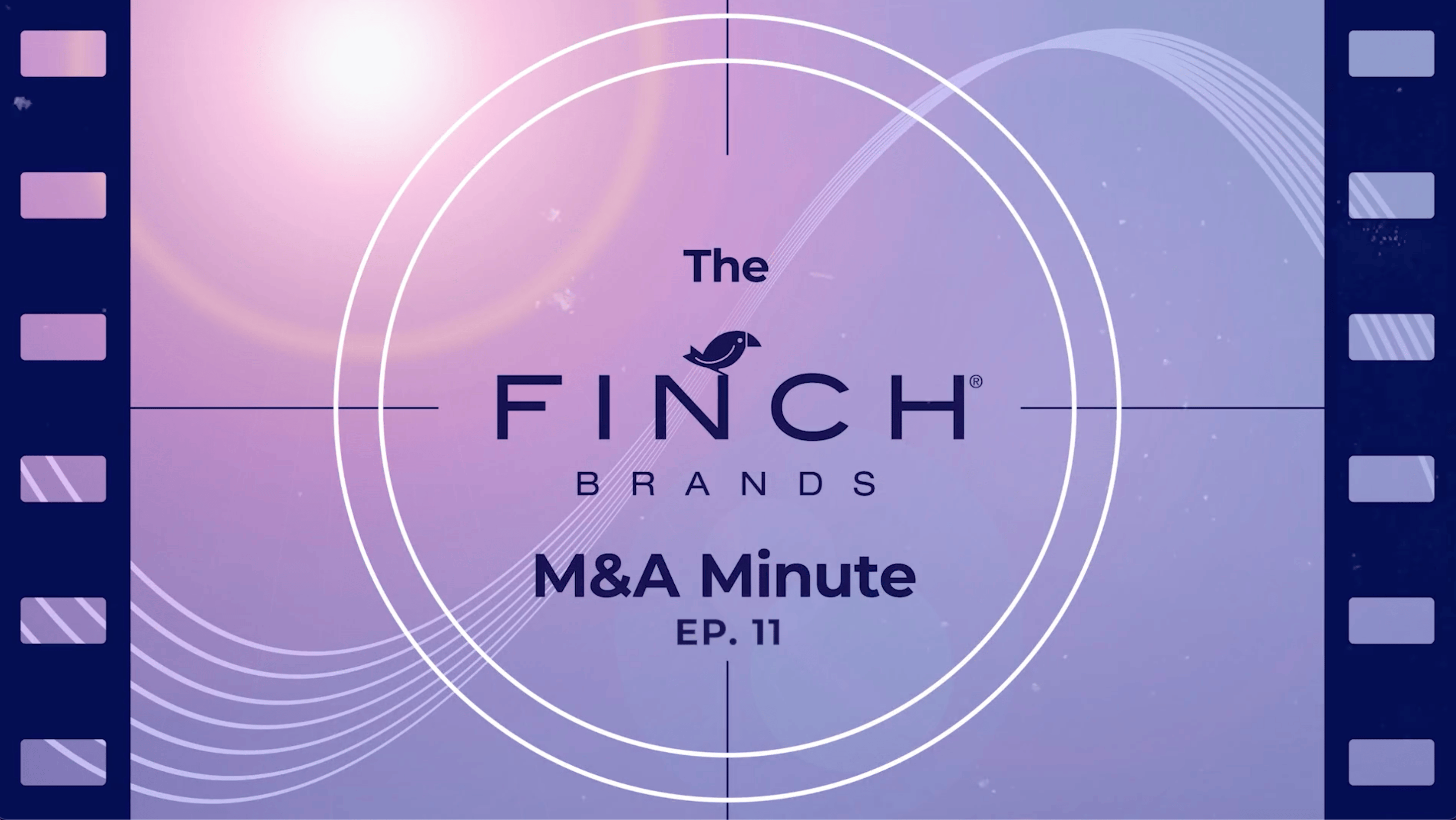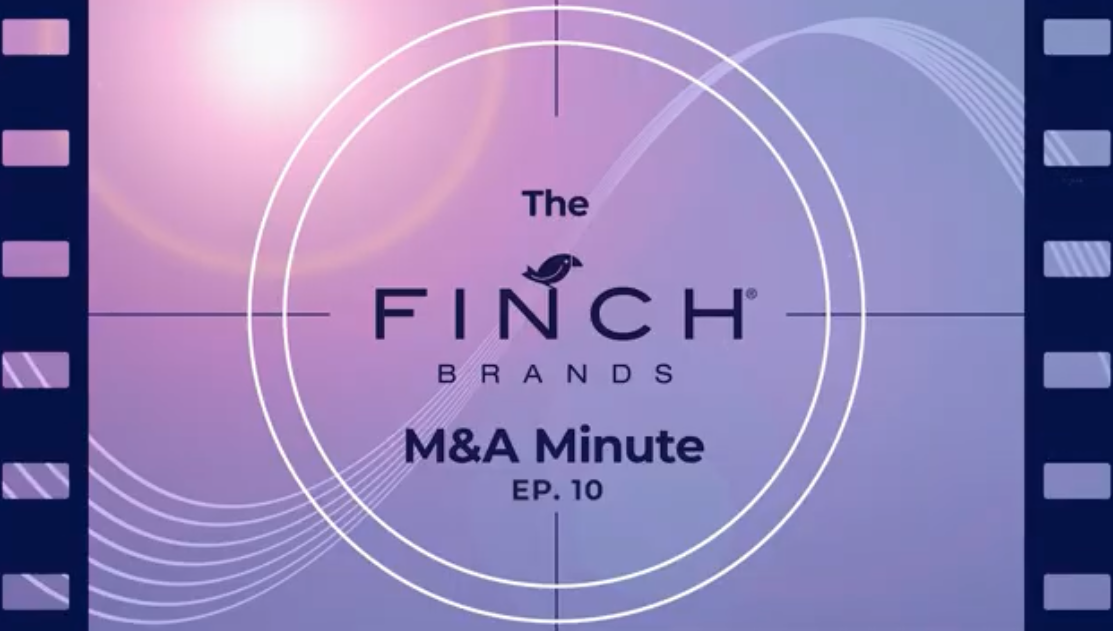Head Case – Rebranding Mental Health

“That guy’s a head case,” roars the sports radio caller. “Don’t panic,” says the husband to the wife as they enter a stressful situation. “What does he have to be depressed about?” asks the editorialist. “She’s so anorexic,” scoffs the gossip. “He’s very ADD, so you have to make it quick,” cautions the client about how best to present to the CEO.
In the aftermath of Robin Williams’s death, much has been written about his transcendent genius. Importantly, many have also bemoaned what they see as a culture that stigmatizes mental health issues and leads to a lack of support or understanding for those in the throes of depression, anxiety disorder or other common conditions.
Society understands that a flu or broken leg is neither an act of weakness nor reflection of fundamental damage, but our understanding doesn’t always extend to those whose suffering is caused by a misfire in the complex realm of the brain. Maybe it’s because we can often see the symptoms but the illness itself is hidden and mysterious. Maybe it’s because the ‘cure’ isn’t always as clear-cut or timely. Maybe it’s because this lack of comprehension, even on the part of sophisticated and/or well-meaning people, leads to silent suffering and lack of dialogue.
Popular vs. Clinical Mental Health Terminology
You could hear any of the representative statements at the top of this post in an ordinary day. And many of the words have a very different meaning in popular usage (and even in the dictionary) than they do in the clinical realm. Clinically, “depression” does not just mean one is sad or gloomy. “Anxiety” does not just mean being nervous. “Panic” does not just mean fearful in the moment. And none of these are things where you can just “snap out of it.”
Then there are names for mental/behavioral health disorders that have taken on popular meaning. “Bipolar” or “schizophrenic” doesn’t just mean that one has mood swings. “Anorexic” doesn’t just mean really thin. “ADD” doesn’t just mean one has a short attention span. “Claustrophobia” doesn’t just mean one doesn’t like crowds or confined spaces. “OCD” doesn’t just mean that one likes things orderly and clean. And so forth.
The net effect of imprecise or fuzzy language is that we confuse disorders with traits — or legitimate mental health issues with by-choice reactions to a situation or person. And the consequence is that people suffering from mental or behavioral conditions are seen — by the boss, media, coach, peer — as either being weak or willful, that they either can’t hack it or choose not to. This leads to the stigma being greater, the sufferer feeling more isolated and the way forward more difficult to find.
The Need to Reframe
I am a brand storyteller, not a clinician. Yet it seems language is really important here. My sense is that the marketing industry has something to contribute to this discussion — that the clinical and popular terminology around major mental health topics unwittingly leads to more stigma, confusion, impatience and frustration.
Let’s take a cue from the political realm, where “progressive” has triumphed over “liberal,” “undocumented immigrant” over “illegal alien,” “marriage equality” over “gay marriage.” In each of these cases, reframing the language has enabled the advancement of an idea or at least facilitated a more popularly crafted narrative.
In mental health, can we — clinicians and communicators — rally around terminology that is both clinically descriptive but also likely to lead to greater societal comprehension of mental health realities? That is more likely to embolden sufferers to come forward and realize that they are neither alone nor permanently damaged? That helps teach the rest of us to be patient and supportive?
In today’s world, with continuously increasing tolerance for human differences, we have experienced great change in how people view sexual identity, gender, certain medical conditions and other confusing or formerly taboo topics. Given the number of people involved, an entire generation demands that we make similar progress on understanding and respecting mental health issues. And language is one of the keys. For the sake of millions of people, let’s rebrand mental illness.
For a bit more on the thought process behind this blog, click here.
—
Bill Gullan, President





